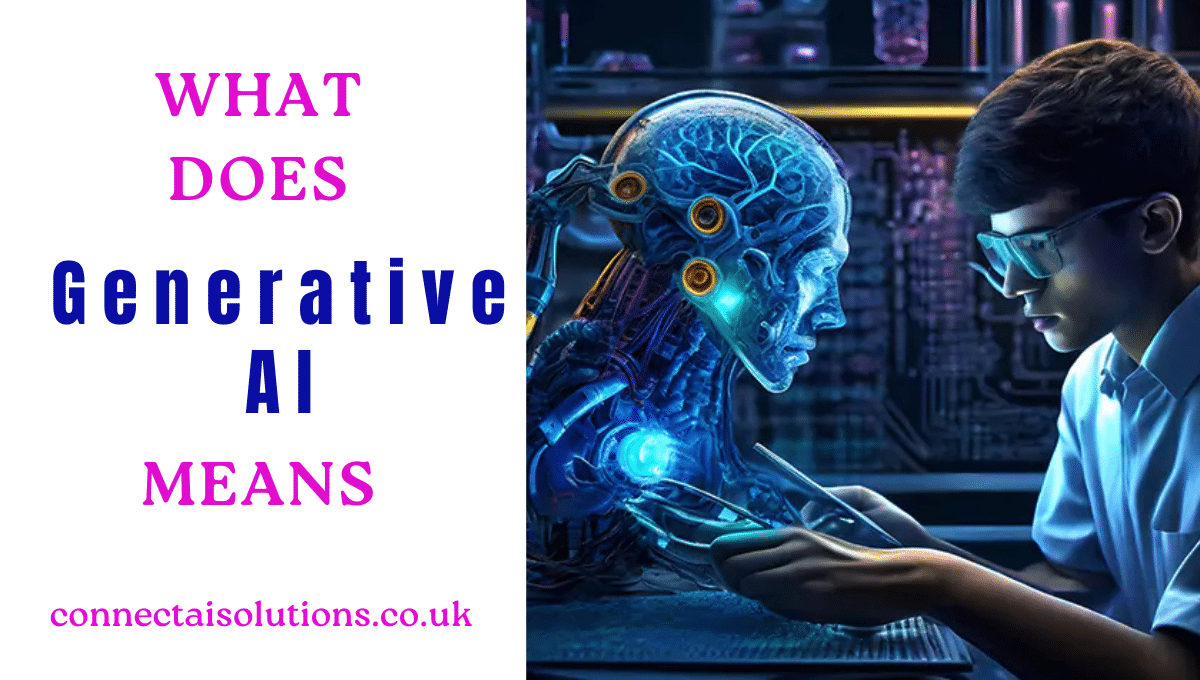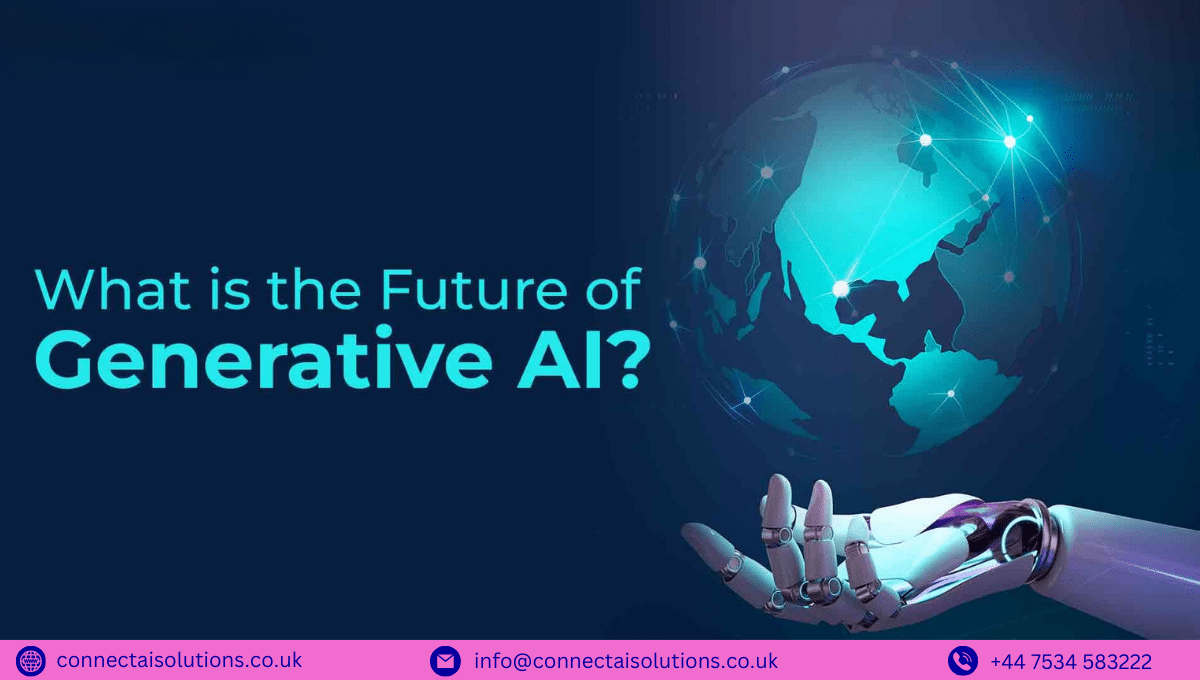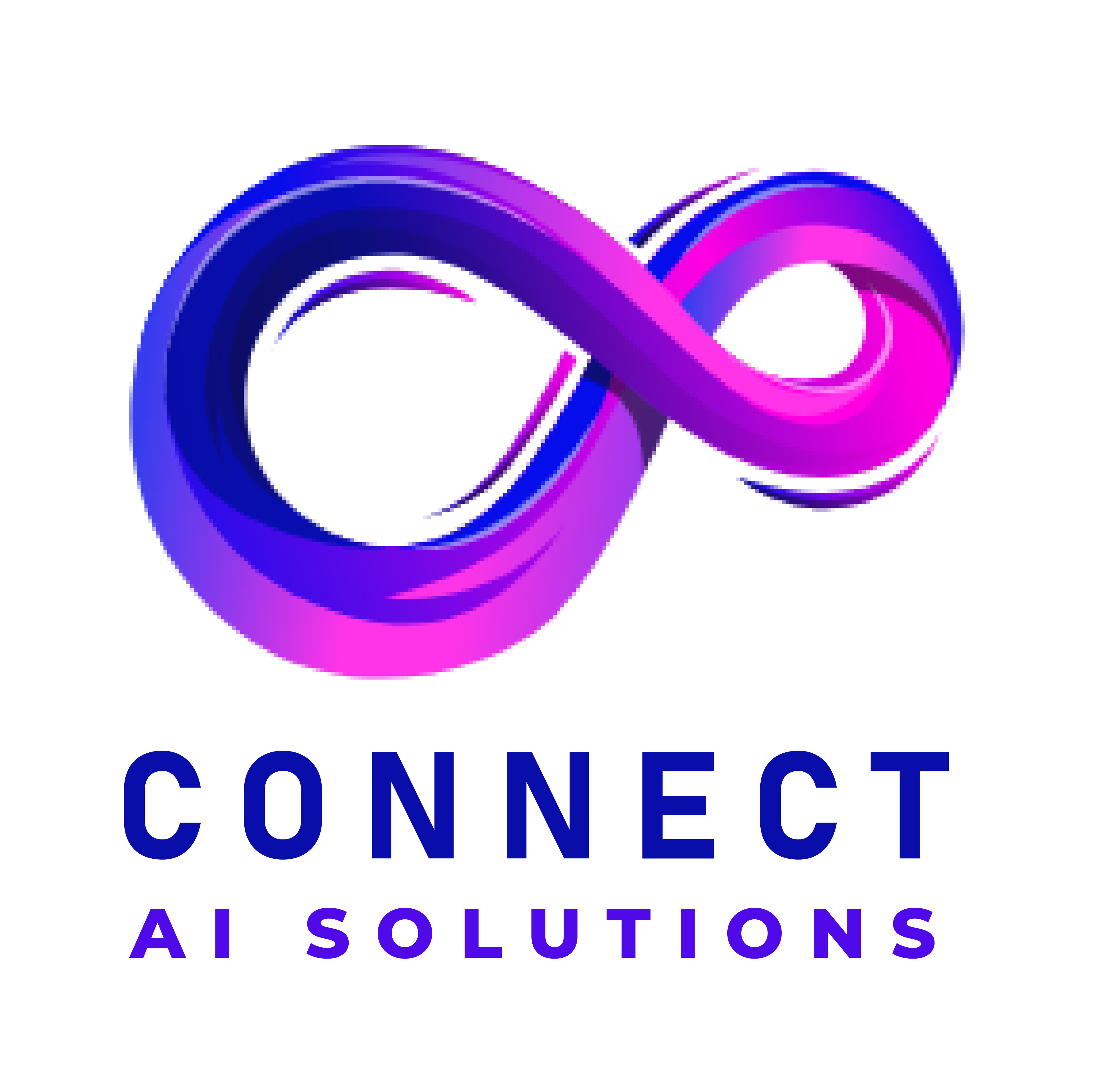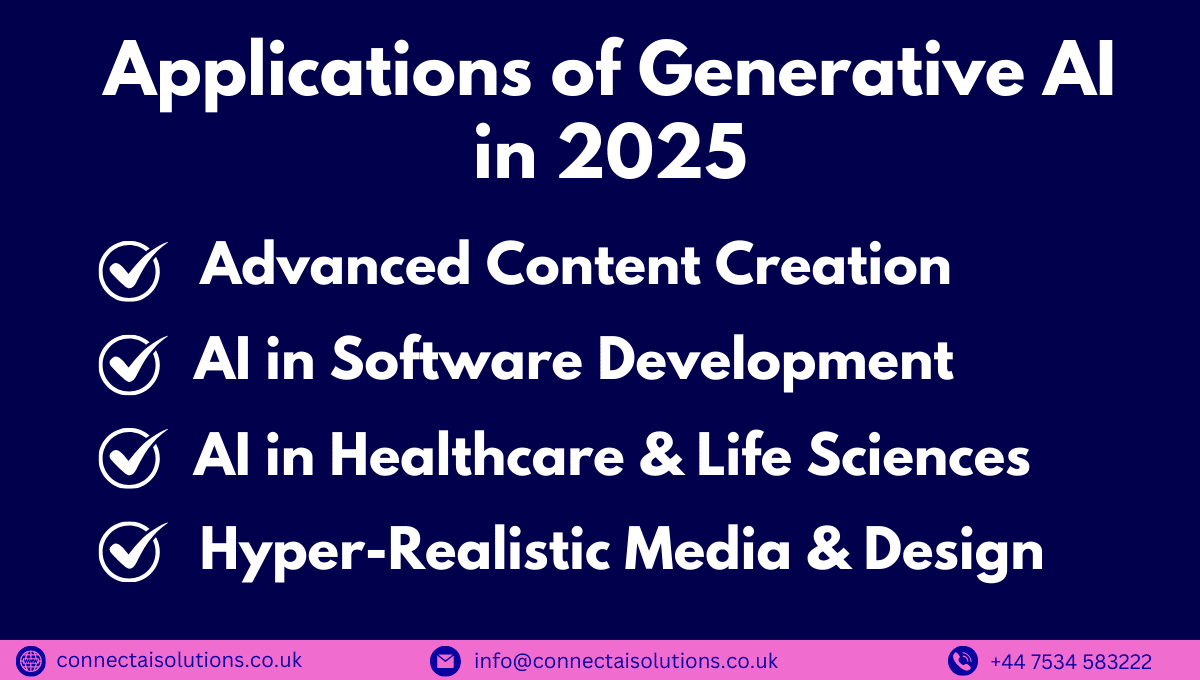What Does Generative AI Mean

Generative AI refers to advanced computer systems designed to create new content, such as text, images, music, or videos, based on the patterns and data they’ve learned. Unlike traditional AI which focuses on analyzing or processing information, generative AI produces original outputs by mimicking human creativity. It’s widely used in entertainment, design, and marketing industries to develop innovative and customized solutions. This article briefly describes you about the What Does Generative AI Mean.
What Does Generative AI Mean:
Here is the detailed answer of your query which is what does Generative AI mean. It is redefining how businesses, creators, and industries operate by automating content generation, optimizing workflows, and personalizing user experiences. With advancements in 2025, AI-driven systems are now more efficient, ethical, and regulated than ever before. This guide explores the latest trends, applications, and best practices for using generative AI in today’s digital landscape.
Understanding Generative AI
Generative AI refers to artificial intelligence models that autonomously generate text, images, videos, and even software code based on training data. Unlike earlier AI models, 2025’s generative AI adheres to stricter regulations, ethical standards, and improved accuracy benchmarks to ensure fair, unbiased, and transparent results.
How Does Generative AI Work?

Modern generative AI is powered by sophisticated deep learning models, including multimodal AI, which integrates multiple data types (text, images, audio, and video). Here are the key components that make up generative AI in 2025:
- Multimodal AI: Processes and generates content across different formats simultaneously.
- Explainable AI (XAI): Enhances transparency by explaining AI decision-making.
- Regulated AI Models: Comply with global standards for ethical AI use.
- Self-Learning Algorithms: Adapt and improve over time without human intervention.
- Federated Learning: AI models train on decentralized data without compromising user privacy.
- AI-Generated Code Optimization: AI not only writes but also refines and debugs code efficiently.
Applications of Generative AI in 2025
Generative AI is now deeply embedded across various sectors, helping businesses streamline operations and improve customer engagement. Here are the most influential applications in 2025:
1. Advanced Content Creation
- AI-generated long-form articles, social media posts, and video scripts.
- Interactive AI-powered chatbots for real-time customer interactions.
- Personalized marketing content tailored to audience preferences.
- AI-driven podcast scripting and automated voiceover narration.
2. Hyper-Realistic Media & Design
- AI-driven image and video generation with near-photorealistic quality.
- Ethical deepfake prevention systems to combat misinformation.
- AI-assisted branding and UI/UX design automation.
- AI-powered virtual influencers and automated digital avatars.
3. AI in Healthcare & Life Sciences
- AI-powered medical imaging and diagnostics.
- Drug discovery acceleration with AI-driven molecule simulations.
- AI-powered mental health support and therapy chatbots.
- AI-assisted robotic surgeries and remote patient monitoring.
- Predictive healthcare analytics to prevent diseases before symptoms arise.
4. AI in Software Development
- Autonomous code generation with built-in security compliance.
- AI-assisted debugging and software optimization tools.
- Low-code/no-code development platforms powered by AI.
- AI-driven API development and integration for seamless connectivity.
- AI-powered cybersecurity threat detection and mitigation.
Advantages of Generative AI in 2025
Generative AI provides numerous benefits, including:
Higher Accuracy & Reliability:
Enhanced algorithms reduce errors and biases, leading to more precise outputs across various applications.
Ethical AI Compliance:
AI models in 2025 follow rigorous ethical guidelines, ensuring responsible use in content generation, business automation, and decision-making.
Improved Security:
AI-driven security mechanisms help detect and mitigate cyber threats, preventing data breaches and unauthorized access.
Scalability & Automation:
Businesses can deploy AI at scale, automating tasks ranging from content creation to software development, reducing operational costs and improving efficiency.
Energy Efficiency:
AI models are optimized to consume less energy, aligning with global sustainability goals and reducing the carbon footprint of AI-powered technologies.
Personalized User Experiences:
AI continuously learns from user interactions, offering hyper-personalized recommendations in entertainment, healthcare, and e-commerce sectors.
Ethical Considerations and Regulations

With AI’s rapid evolution, 2025 has introduced new global regulations focusing on:
AI Bias Reduction:
New training methodologies ensure AI models are free from discriminatory biases, promoting fair decision-making across industries.
Content Authenticity Markers:
AI-generated content is now labeled with authenticity markers, helping users distinguish between AI-created and human-generated material.
Data Privacy Protections:
Strict policies mandate organizations to obtain user consent before collecting and processing personal data, strengthening data security.
AI Copyright & Intellectual Property Laws:
Clear regulations define ownership of AI-generated content, ensuring that creators, developers, and businesses can protect their intellectual property rights.
AI Governance & Accountability:
Governments and corporations are now held accountable for AI-driven decisions, ensuring transparency and ethical use of AI technologies.
Regulatory Compliance Frameworks:
AI developers must adhere to global compliance frameworks, such as GDPR and emerging AI ethics laws, to prevent misuse and unethical practices.
The Future of Generative AI

Looking ahead, generative AI will continue to evolve with:
AI-human collaboration models:
AI will complement human creativity rather than replace it, facilitating a hybrid workflow where AI assists with ideation, content production, and decision-making.
Quantum AI advancements:
The integration of quantum computing will enable AI to solve complex problems at unprecedented speeds, revolutionizing industries such as finance, healthcare, and scientific research.
Sustainable AI models:
AI developers are focusing on reducing energy consumption, making AI-driven technologies more eco-friendly and accessible worldwide.
Adaptive AI:
AI systems will become more dynamic, learning and evolving in real-time to respond to changing user needs, industry trends, and regulatory requirements.
Integration with Augmented Reality (AR) & Virtual Reality (VR):
AI-powered immersive experiences will enhance education, gaming, remote collaboration, and digital interactions.
AI in Space Exploration:
AI-driven autonomous spacecraft and robotic explorers will play a crucial role in planetary research, interstellar travel, and space colonization initiatives.
Decentralized AI Networks:
AI models will shift toward decentralized frameworks, reducing reliance on centralized cloud computing while enhancing data security and user privacy.
Conclusion
I hope you get a good amount of information about what does Generative AI means. The generative AI in 2025 is more advanced, ethical, and regulated than ever. With improved accuracy, security, and transparency, businesses and creators can leverage AI to drive innovation while maintaining compliance. As technology advances, staying updated with the latest AI trends and best practices will be essential for maximizing its potential.
Must Read This Article: Professional Website Creation Services for a Strong Online Presence






